Best graph for ordinal data
Plotting with categorical data. Graphical displays are very useful for summarizing data and both dichotomous and non-ordered categorical variables are best summarized with bar charts.

Best Chart To Show Trends Over Time Why You Should Use A Line Chart
Note that the standard parametric methods such as t-test or ANOVA cannot be applied to such types of data.

. Bar charts are generally used to help avoid clutter when one data label is long or if you have more than 10 items to compare. A Pareto diagram or bar graph is a way to visually represent qualitative data. Box Whisker Plot.
Due to the increase in the volume of data and the need for data analysis to get actionable insights from it the number of charts also increasing day by day. What graph is used for ordinal data. Bar charts and pie charts are most frequently used for nominal and ordinal variables.
You can download this database by going to the home page of this site and clicking on the link. If your data isnt continuous you have other options and generally discrete numerical data or categorical data either nominal or ordinal can be graphed in the same way. If one of the main variables is categorical divided.
Explore Different Types of Data Visualizations and Learn Tips Tricks to Maximize Impact. Bar charts and pie charts are most frequently used for nominal and ordinal variables. Best practices for creating bar and column charts.
The bars are arranged in order of frequency so more important categories are emphasized. In the relational plot tutorial we saw how to use different visual representations to show the relationship between multiple variables in a dataset. We see many innovative charts to.
4 2004 I described a set of visual attributes called preattentive attributes which combine to form what we perceive as. Start the y-axis at zero - Our eyes are sensitive to. Also rules for how you should and shouldnt arrange data in a graph differ between nominal ordinal and interval scales.
In the examples we focused on cases where the main relationship was between two numerical variables. Bar Charts for Dichotomous and Categorical Variables. Data is displayed either horizontally or vertically and allows viewers to compare items such as amounts characteristics times and frequency.
The response options eg yesno presentabsent are shown on the horizontal axis and either the frequencies or relative frequencies are. Ordinal data can also be analyzed using advanced statistical analysis tools such as hypothesis testing. Scale variables are most frequently represented by line charts and histograms.
Encoding Quantitative Data In Tapping the Power of Visual Perception Sept. What are some examples of ordinal data. With categorical or discrete data a bar chart is typically your best option.
They are easy to understand and to create. A bar chart places the separate values of the data on the x-axis and the. Ad Learn More About Different Chart and Graph Types With Tableaus Free Whitepaper.
The following examples use the General Social Survey 2008 database. The most commonly used chart for representing such types of data is the bar chart. Scale variables are most frequently represented by line charts and histograms.
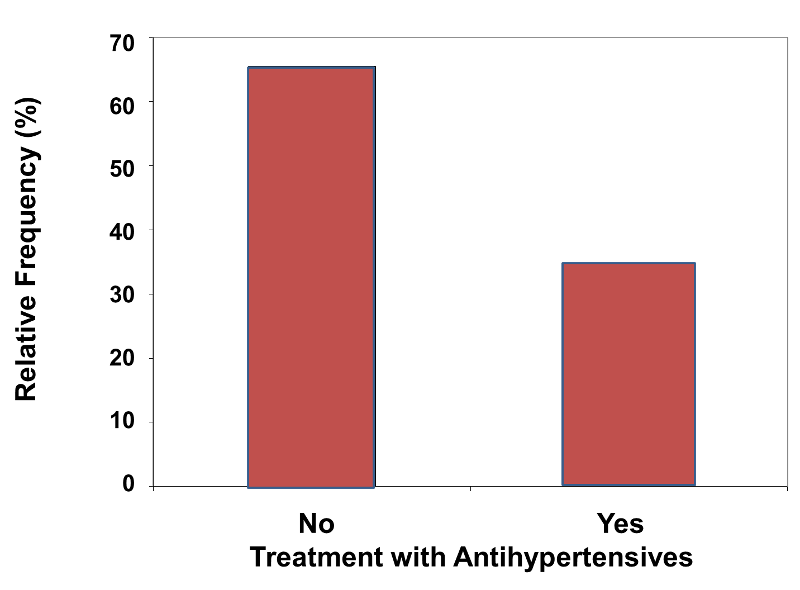
Graphical Summaries For Discrete Variables
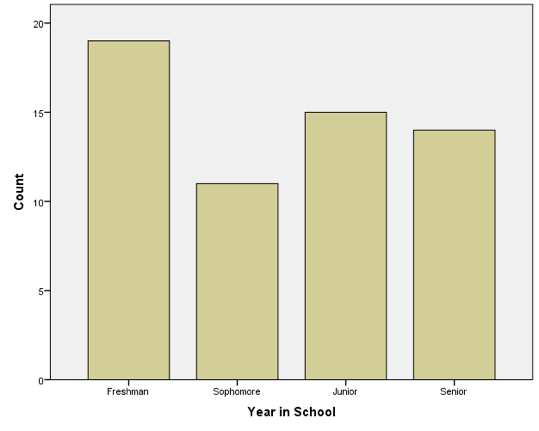
Graphic Presentation Sociology 3112 Department Of Sociology The University Of Utah

Bar Charts Using Examples And Interpreting Statistics By Jim

Guide To Data Types And How To Graph Them In Statistics Statistics By Jim

Ordinal Data Definition Examples Data Collection Analysis
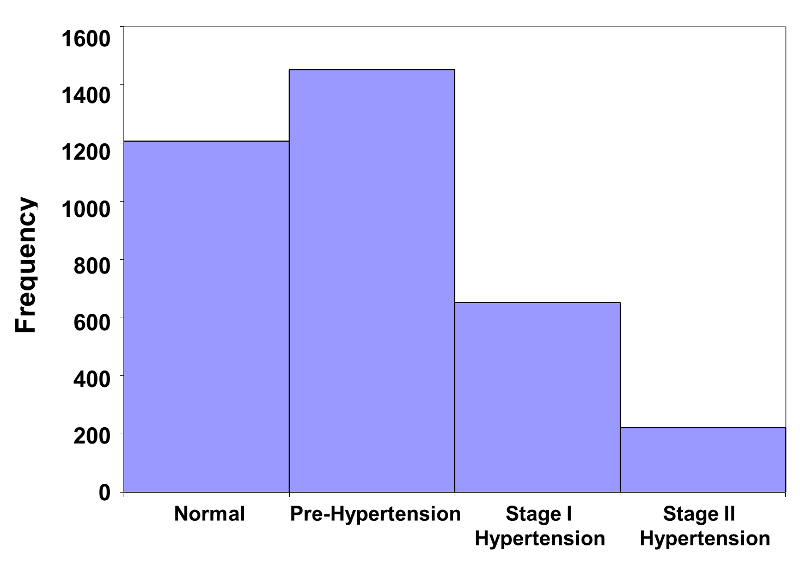
Graphical Summaries For Discrete Variables
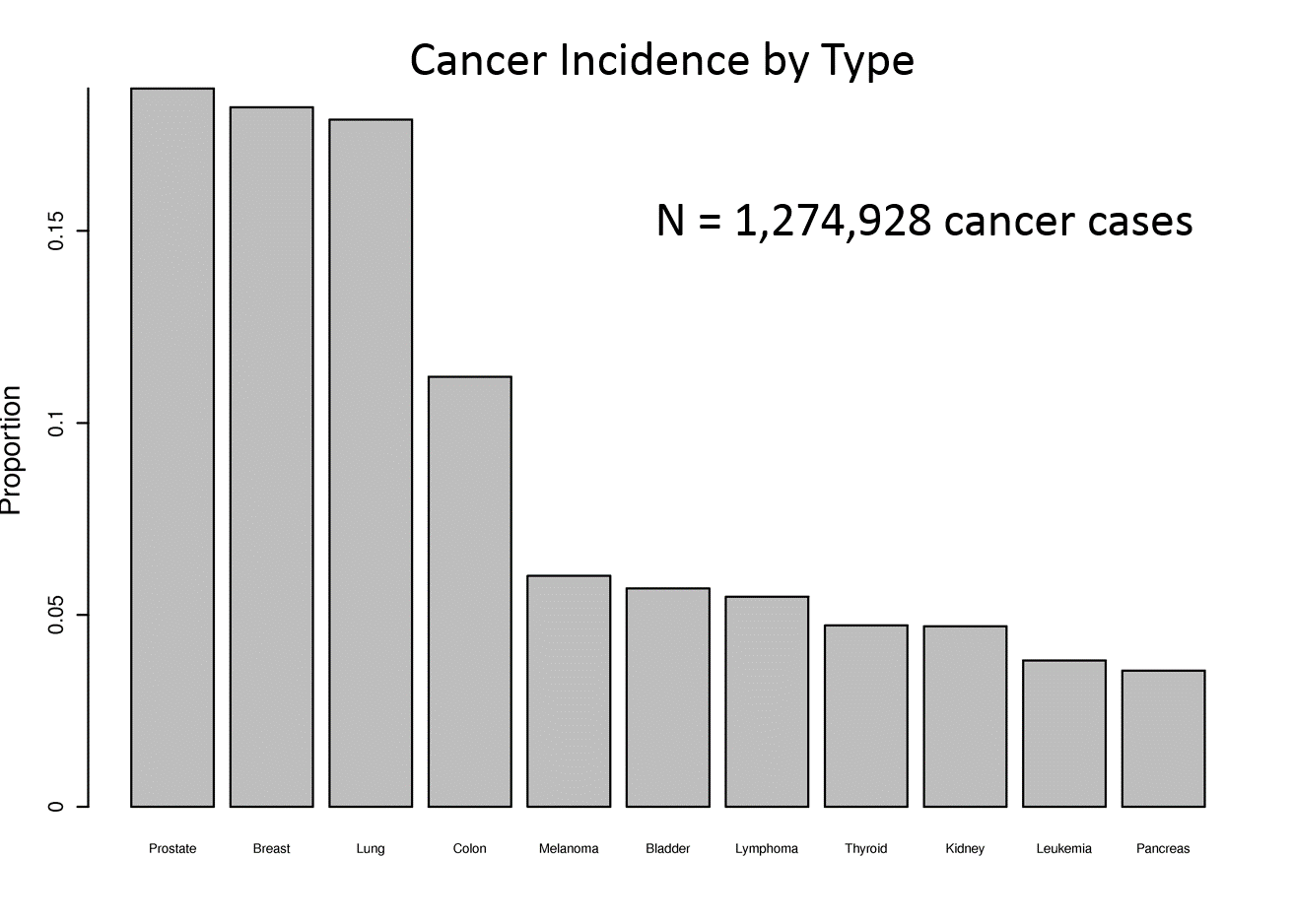
Choosing The Best Graph Type

Creating A Bar Graph For Categorical Variables In Stata
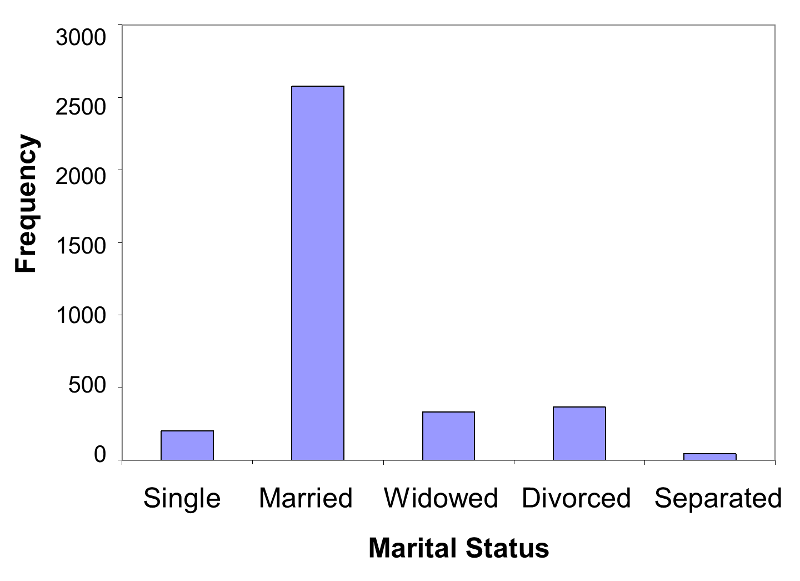
Graphical Summaries For Discrete Variables

Guide To Data Types And How To Graph Them In Statistics Statistics By Jim
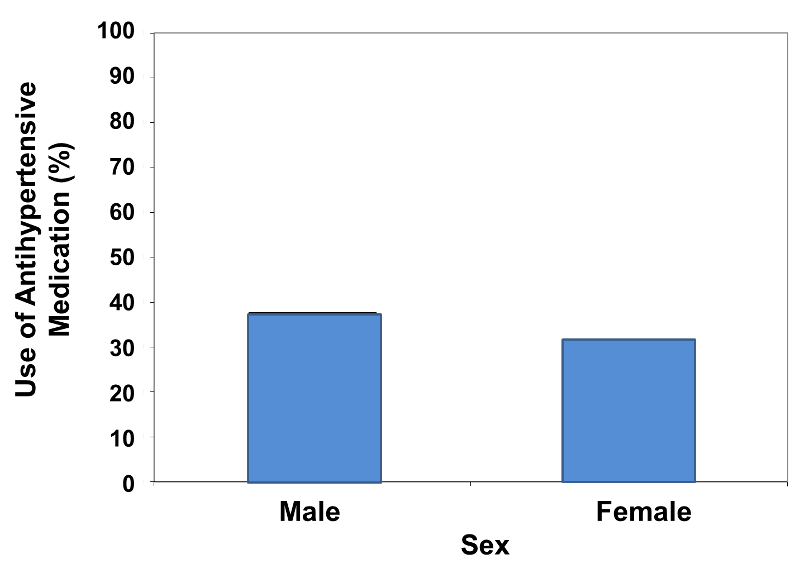
Graphical Summaries For Discrete Variables

3 Reasons To Prefer A Horizontal Bar Chart The Do Loop
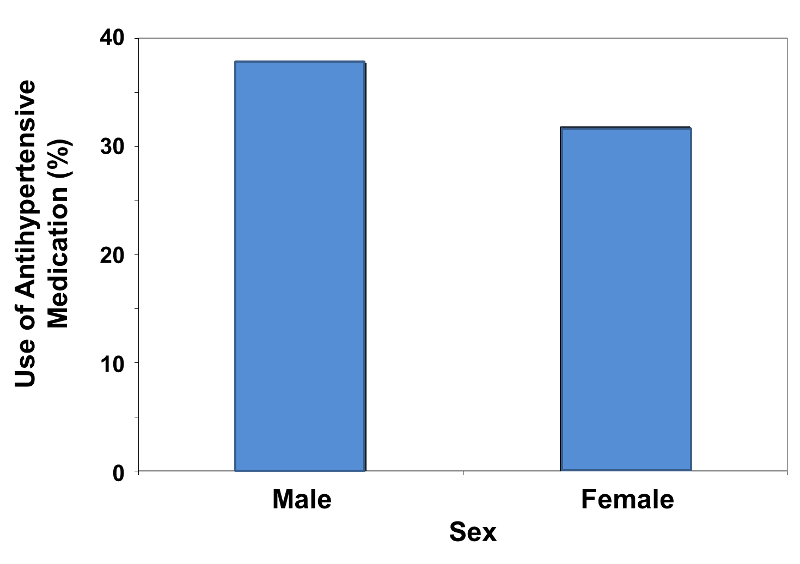
Graphical Summaries For Discrete Variables

Guide To Data Types And How To Graph Them In Statistics Statistics By Jim

Nominal Vs Ordinal Part 2 Visualisation Compound Bar Chart

Data Visualization How Can I Visualize An Ordinal Variable Predicting A Continuous Outcome Cross Validated

Guide To Data Types And How To Graph Them In Statistics Statistics By Jim